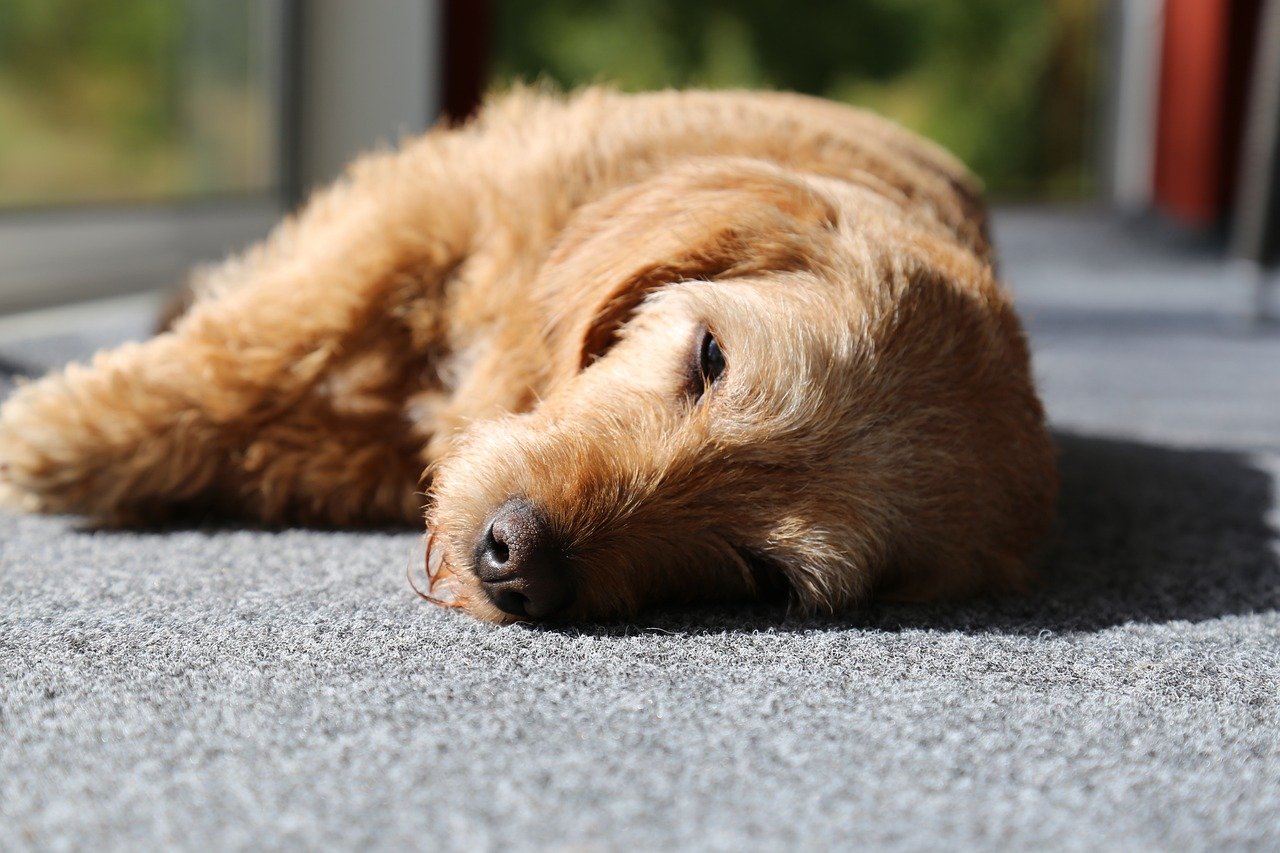This post may include affiliate links which means I may receive a commission from purchases made through links. I will only recommend products I have personally used. Learn more on my private policy page.
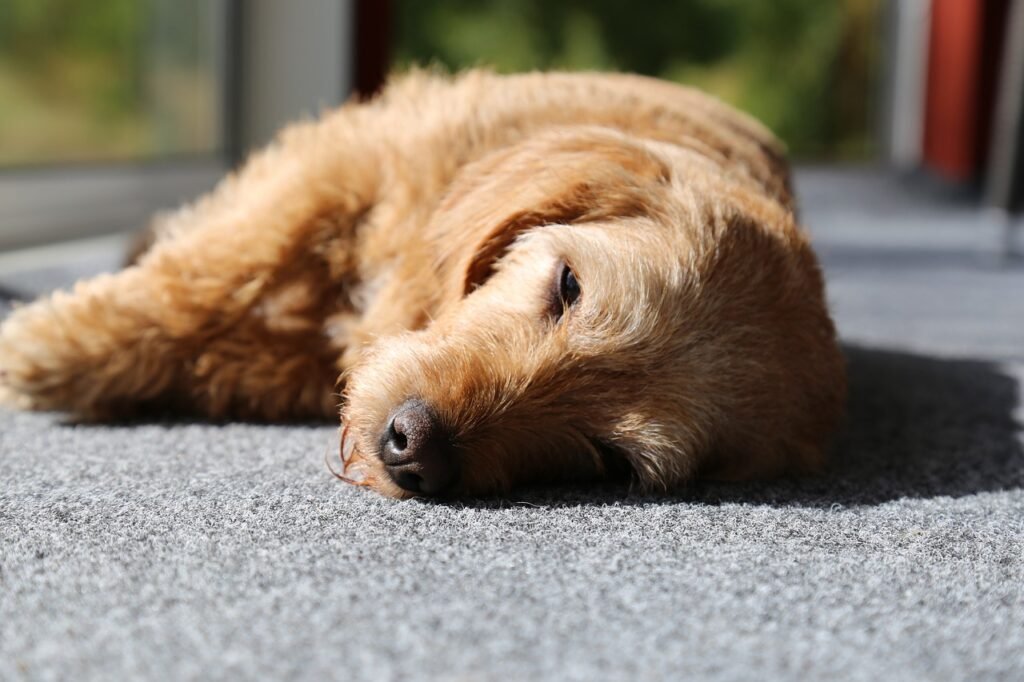
One of the most common concerns among dog owners is when their dog wont eat their food but will readily gobble up treats.
This can be a worrisome situation as we all want our dogs to have a healthy appetite.
But why does this happen? Is it just a matter of picky eating or could it be a sign of a larger issue?
In this blog post, we will explore the reasons behind a dog not eating their food and only going for treats, as well as how to address the issue of loss of appetite in dogs.
Understanding Your Dog’s Eating Behavior
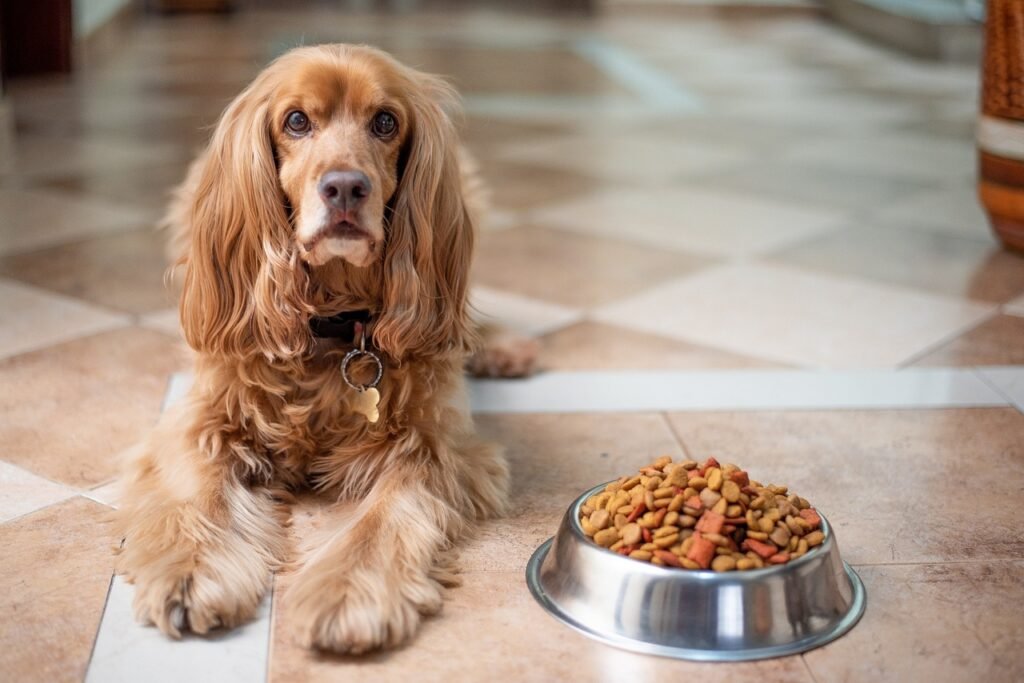
As dog owners, it can be frustrating and concerning when our beloved furry friends suddenly lose interest in their regular dog food.
We may find ourselves questioning their appetite and wondering why they are so eager to devour treats but not their meals.
To better understand this behavior, let’s take a closer look at the eating habits of our dogs.
First and foremost, it’s essential to recognize that dogs, like humans, have preferences and taste preferences when it comes to food.
While some dogs may happily eat anything you put in front of them, others may be more selective. This is perfectly normal and doesn’t necessarily indicate a problem with their overall health or well-being.
Another important factor to consider is the quality and taste of the dog food itself.
Just as we might lose interest in a meal that is bland or unappetizing, dogs can also become disinterested in their food if it lacks flavor or variety.
It’s worth experimenting with different brands or flavors to see if your dog shows a preference for one over the other. Additionally, dogs are sensitive to smell, so the aroma of their food can play a significant role in their desire to eat.
It’s also worth noting that changes in routine or environment can affect a dog’s appetite. For example, if you have recently moved or introduced a new member to your household, your dog may feel stressed or anxious, which can result in a loss of appetite.
Similarly, changes in the feeding schedule or the location where they eat can disrupt their usual routine and cause a temporary decrease in appetite.
In some cases, a lack of appetite in dogs can be a sign of an underlying health issue. Dental problems, gastrointestinal discomfort, or even medication side effects can impact a dog’s willingness to eat.
If your dog’s disinterest in food persists for an extended period, or if they exhibit other concerning symptoms such as vomiting or diarrhea, it’s crucial to consult with a veterinarian to rule out any medical conditions.
Understanding your dog’s eating behavior requires patience, observation, and sometimes a bit of trial and error.
By paying attention to their preferences, ensuring their food is appealing, and considering any changes in their routine or environment, you can help address any potential issues with their appetite.
Remember, each dog is unique, and what works for one may not work for another. Stay attentive to your dog’s needs, and together, you can find a solution to ensure they have a healthy and satisfying diet.
Common Reasons Why Your Dog Wont Eat His Food
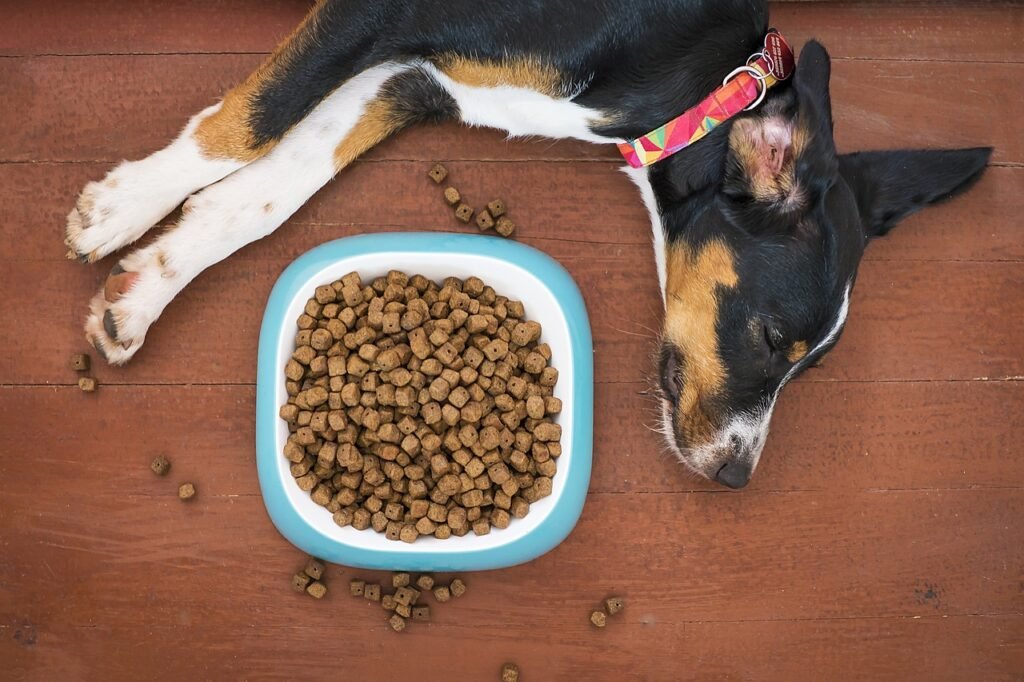
While it can be concerning when your dog suddenly stops eating their food, it’s important to remember that there can be various reasons behind this behavior.
Understanding these common reasons can help you address the issue and ensure that your furry friend maintains a healthy appetite.
One possible reason for your dog’s refusal to eat their food is that they simply don’t find it appealing.
Just like humans, dogs have preferences and taste preferences when it comes to food. If their regular dog food is bland or unappetizing, they may be more inclined to skip their meals and hold out for tastier options.
Experimenting with different brands or flavors can help determine if your dog has a preference for one over the other.
Another common reason for a dog’s lack of interest in their food is changes in routine or environment.
Stress and anxiety can affect a dog’s appetite, so if you’ve recently moved or introduced a new member to your household, it’s possible that your dog is feeling unsettled and as a result, is not interested in eating.
Additionally, any changes in the feeding schedule or location can disrupt their usual routine and lead to a temporary decrease in appetite.
In some cases, a dog’s refusal to eat may indicate an underlying health issue. Dental problems, gastrointestinal discomfort, or medication side effects can all impact a dog’s willingness to eat.
If your dog’s disinterest in food persists for an extended period or if they exhibit other concerning symptoms such as vomiting or diarrhea, it’s crucial to consult with a veterinarian to rule out any medical conditions.
Lastly, the abundance of treats can also contribute to a dog’s disinterest in their regular dog food. If your dog knows that treats are readily available, they may hold out for those rather than eating their meals.
Treats should be used sparingly and as a reward for good behavior, rather than as a substitute for a complete and balanced diet.
The Impact of Treats on Your Dog’s Eating Habits

The Impact of Treats on Your Dog’s Eating Habits
As a dog lover, it’s hard to resist those puppy dog eyes when our furry friends beg for treats.
But what impact do treats really have on your dog’s eating habits? Can they contribute to your dog’s disinterest in their regular food? Let’s explore the impact of treats on your dog’s eating habits.
First and foremost, it’s important to understand that treats should be just that – treats. They should be given sparingly and in moderation.
When treats become a regular part of your dog’s diet, it can create a host of issues, including a decreased appetite for their regular food.
Dogs are smart creatures, and they quickly learn that if they hold out and refuse their food, they may be rewarded with tasty treats instead.
This can create a cycle of picky eating, where your dog only wants the treats and refuses to eat their regular food. It’s like a child who fills up on dessert and has no room for the main course.
When this happens, it’s essential to establish boundaries and ensure that treats are given as a reward for good behavior, rather than as a substitute for a complete and balanced diet.
Another impact of treats on your dog’s eating habits is that they can lead to weight gain and obesity. Many treats on the market are high in calories and can quickly add up.
Just like humans, dogs need to maintain a healthy weight to avoid a host of health issues. If your dog is regularly consuming too many treats, they may not be getting the proper nutrients they need from their regular food.
To avoid the negative impact of treats on your dog’s eating habits, it’s crucial to establish a routine and stick to it. Feed your dog at regular times throughout the day and avoid offering treats outside of those designated times.
This will help to create a sense of structure and prevent your dog from holding out for treats instead of their regular food.
It’s also important to choose high-quality treats that are nutritious and beneficial for your dog’s health. Look for treats that are made with real, wholesome ingredients and avoid those that are filled with artificial additives or fillers.
Your dog’s overall well-being depends on a balanced diet, so choose treats that align with that goal.
Ways to Encourage Your Dog to Eat Regular Food
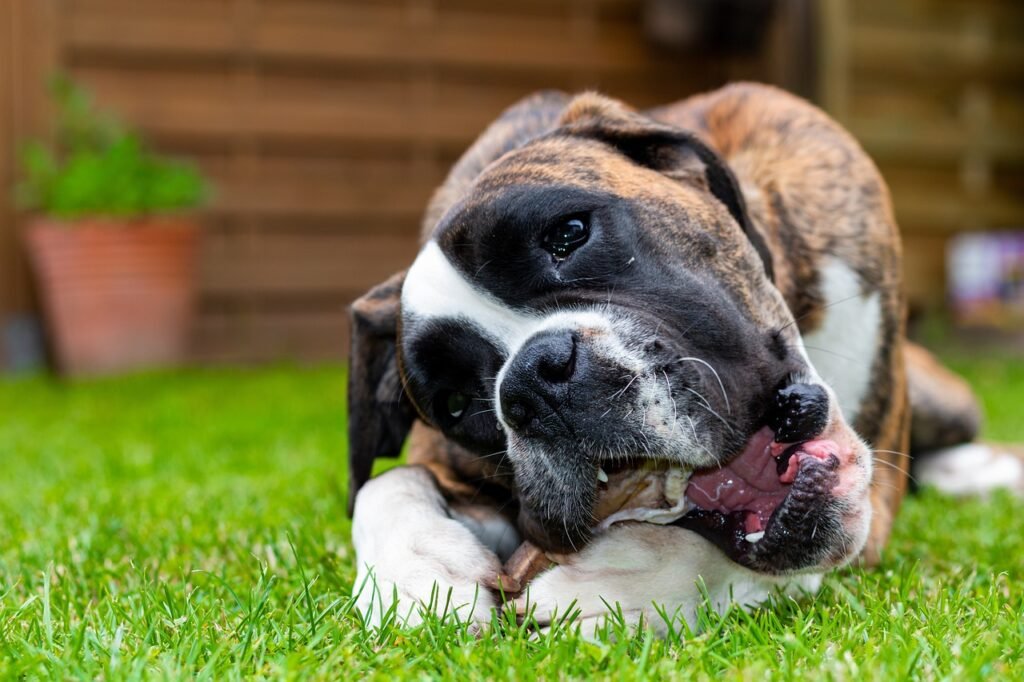
If you find yourself wondering why your dog is not eating their regular food but eagerly devours treats, there are a few strategies you can try to encourage them to eat.
It’s important to remember that every dog is unique, so what works for one may not work for another. With a bit of patience and some trial and error, you can help stimulate your dog’s appetite and ensure they’re getting the nutrition they need.
First and foremost, take a close look at the type of food you’re offering your dog.
If you’ve been feeding them the same brand or flavor for a long time, it may be time to switch things up. Just like humans, dogs can get tired of eating the same thing day after day.
Consider introducing new flavors or brands of dog food to entice your furry friend.
You might also try mixing in a small amount of wet food or adding some low-sodium broth to make their meal more appealing. Experimentation is key here – find what your dog likes and stick with it.
Another way to encourage your dog to eat their regular food is to create a routine. Dogs thrive on structure, so feeding them at the same times every day can help stimulate their appetite.
Avoid leaving food out all day or offering treats between meals, as this can lead to picky eating habits. Instead, set designated meal times and stick to them. By establishing a routine, your dog will come to expect and look forward to their meals.
Temperature can also play a role in your dog’s willingness to eat. Some dogs prefer warm food, while others like it cold. If you typically serve your dog’s food straight from the refrigerator, try heating it up for a few seconds in the microwave.
Be sure to check the temperature before serving it to your dog to avoid burning their mouth. Alternatively, if you usually serve warm food, try offering it chilled.
It may seem like a small change, but sometimes it’s all it takes to spark your dog’s interest in their meal.
If your dog still refuses to eat, consider seeking the advice of a veterinarian.
They can help rule out any underlying health issues that may be impacting your dog’s appetite. In some cases, they may recommend a specific diet or prescribe medication to address the problem.
Remember, your vet is there to help and provide guidance, so don’t hesitate to reach out to them if you’re concerned about your dog’s eating habits.
When to Consult a Vet When Your Dog Wont Eat
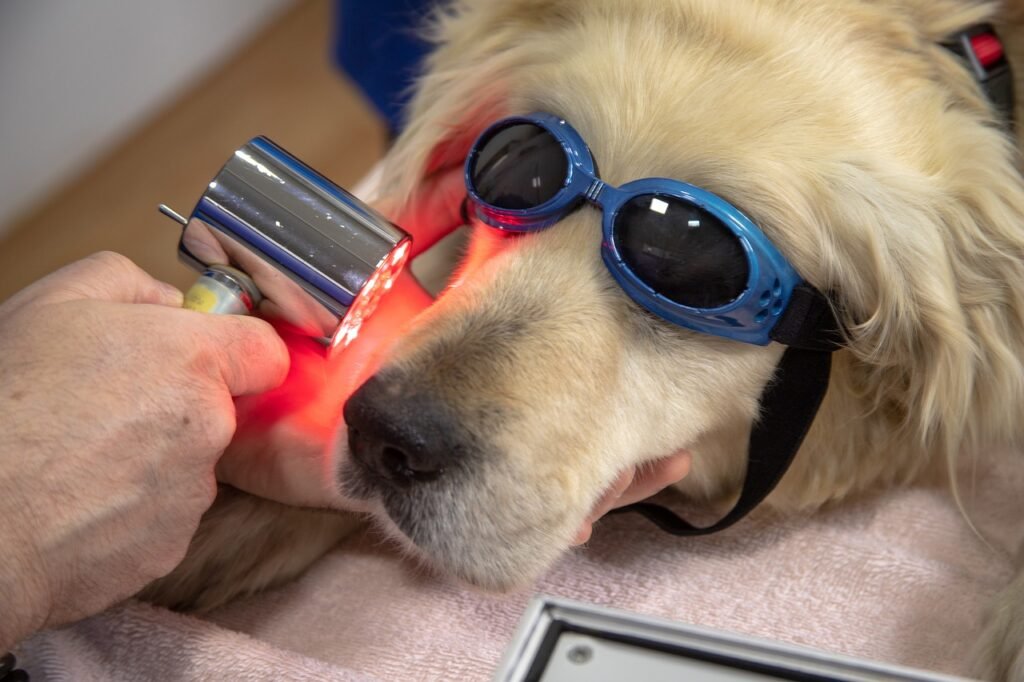
If you’ve tried various strategies to encourage your dog to eat their regular food but they still refuse, it may be time to consult a veterinarian.
While it’s normal for dogs to have preferences and occasional changes in appetite, prolonged or significant loss of appetite can be a cause for concern.
Your dog’s appetite is a key indicator of their overall health, so it’s important to pay attention and take action if needed.
One of the first signs that it’s time to consult a vet is if your dog’s disinterest in food persists for more than a day or two.
While occasional skipped meals are not usually a cause for alarm, a prolonged lack of appetite could be a sign of an underlying health issue.
It’s important to remember that dogs are skilled at hiding signs of illness, so changes in their eating habits may be one of the few indications that something is wrong.
Another reason to consult a vet is if your dog exhibits other concerning symptoms along with their loss of appetite. Vomiting, diarrhea, lethargy, weight loss, or a change in behavior are all red flags that should prompt a visit to the veterinarian.
These symptoms could indicate a variety of medical conditions, ranging from dental problems to gastrointestinal issues to more serious illnesses. Only a trained professional can accurately diagnose and treat these conditions, so don’t hesitate to seek their expertise.
Additionally, if you notice any abnormalities in your dog’s overall well-being, it’s best to consult a vet. Changes in coat quality, excessive thirst, frequent urination, or any other unusual behaviors should be taken seriously.
Your vet will be able to assess your dog’s overall health and determine if their loss of appetite is a symptom of a larger underlying issue.
It’s important to trust your instincts as a dog owner. If you’re concerned about your dog’s appetite or overall health, it’s always better to be safe than sorry.
Even if your dog’s loss of appetite turns out to be nothing more than a temporary change in preference or a reaction to a minor stressor, consulting a vet will provide peace of mind and ensure that you’re doing everything you can to keep your furry friend healthy and happy.
Remember, you are your dog’s advocate and caretaker. Monitoring their eating habits and seeking professional advice when needed is an essential part of responsible pet ownership.
So if you have any doubts or concerns about your dog’s appetite, don’t hesitate to reach out to a veterinarian for guidance.
They will be able to assess your dog’s unique situation and provide the necessary care and treatment to help them regain their appetite and overall well-being.
Related Articles:
How Long to Boil Sweet Potatoes for That Fluffy, Creamy Texture

